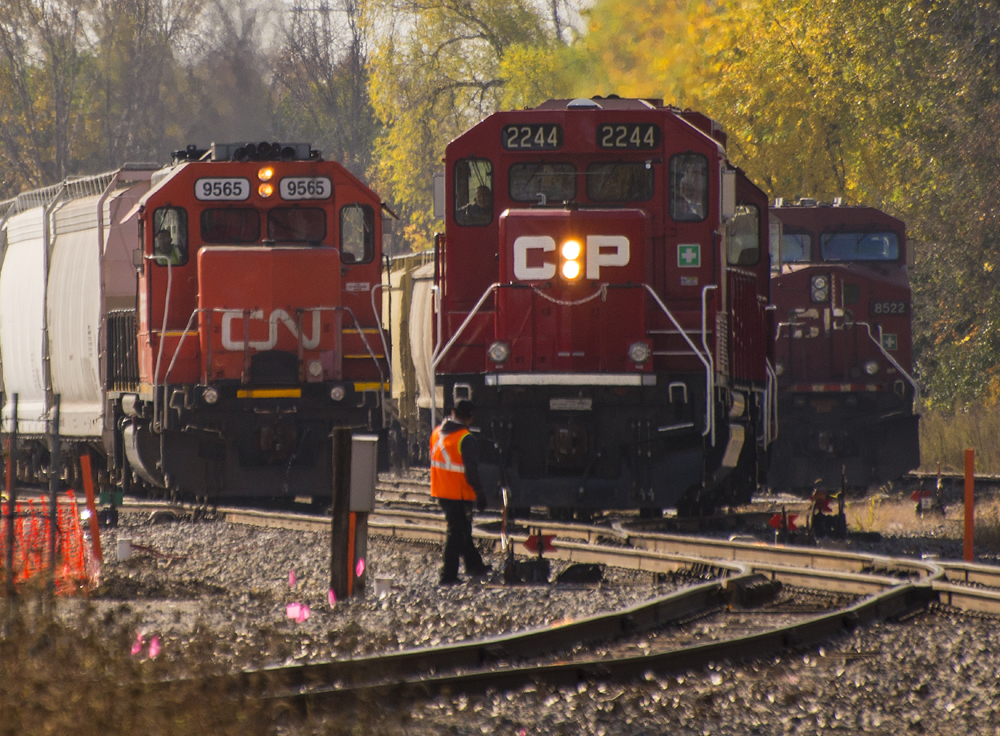
TORONTO – Teamsters Canada union leaders are urging federal officials in Ottawa to stay out of the collective bargaining process and back railway workers’ right to strike.
“The transportation industry’s most powerful chief executives have developed a way to sidestep union negotiations,” Francois Laporte, national president of Teamsters Canada, and Paul Boucher, president of the Teamsters Canada Rail Conference, wrote in an op-ed in Toronto’s Globe and Mail newspaper this week. “Here’s their playbook, as we see it: Make unreasonable demands, accuse unions of being unreasonable for refusing to accept them, instigate job action, lock workers out to disrupt supply chains, and use the resulting outcry to press Ottawa to impose binding arbitration. We believe this to be bad faith bargaining.
“In other words, large corporations have weaponized lockouts – not to press workers, but to strong-arm politicians,” they wrote. “It’s a tactic we’ve seen unfold five times this year alone, at WestJet, Canadian Pacific Kansas City, Canadian National Railway, and the ports of Montreal and Vancouver.”
The labor disputes at the Canadian railways and ports have kinked supply chains and put a dent in CPKC and CN international intermodal volume as importers shift their Chicago-bound freight to U.S. ports.
Contract negotiations between the Teamsters Canada Rail Conference and CN and CPKC have failed to produce agreements, and the two sides remain far apart. After CPKC and CN locked out unionized workers in August, the Canadian government issued a back to work order in less than 18 hours. Ottawa also sent the railway contract talks to binding arbitration.
Now the union and railways are arguing their case in the court of public opinion.
CPKC CEO Keith Creel, in an opinion piece in the Globe and Mail last month, urged the federal government to intervene when negotiations fail and lead to labor disruptions.
“A work stoppage of any duration or even the threat of a work stoppage at a port, major freight railway or other cargo handler causes serious disruption to Canada’s supply chains and harms the country’s reputation as a stable, dependable trading partner,” Creel wrote.
“Canada needs a reliable method to resolve economically damaging labor disputes; one that respects the collective bargaining process, while avoiding disruptions when negotiations fail,” Creel wrote.
The union leaders said that CPKC left them “no choice but to issue a strike notice.”
“By making unreasonable demands at the bargaining table, threatening to dismantle our collective agreement, and ultimately locking out his own employees, what did Mr. Creel expect, if not a supply chain disruption,” they wrote.
“It’s time for the government to stop caving to corporate pressure,” Laporte and Boucher wrote. “Instead, it must stand with workers, enforce good-faith bargaining and uphold fairness and democracy.”
The railways are advocating for changes in Canadian labor law that would make it mirror the U.S. Railway Labor Act, which seeks to avoid strikes by sending unions and railroads to binding arbitration or mediation when contract talks are deadlocked.
“We are trying to get the federal government to align perhaps more closely with the U.S. Railway Labor Act because you do have levers here that your president can pull that our prime minister can’t,” Marc Brazeau, CEO of the Railway Association of Canada, told the RailTrends conference last month.






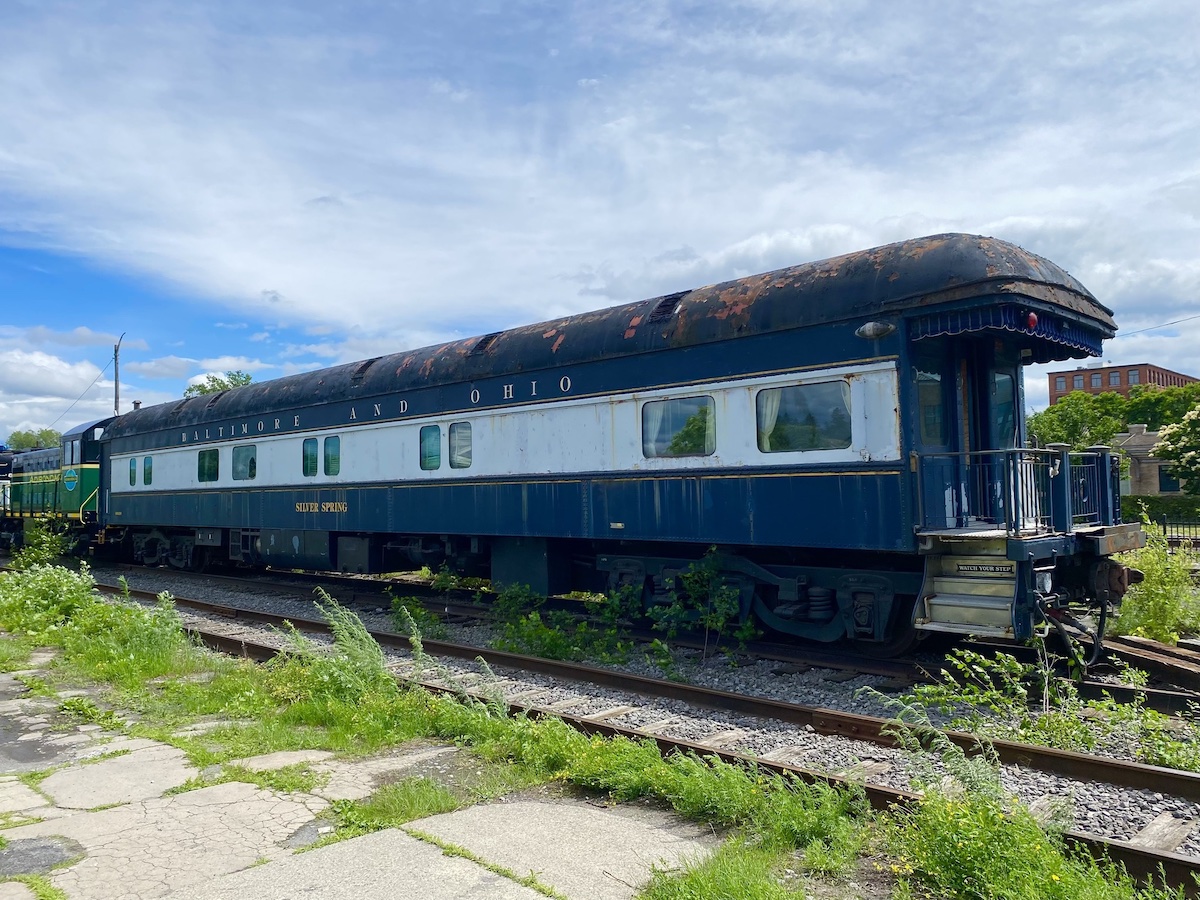
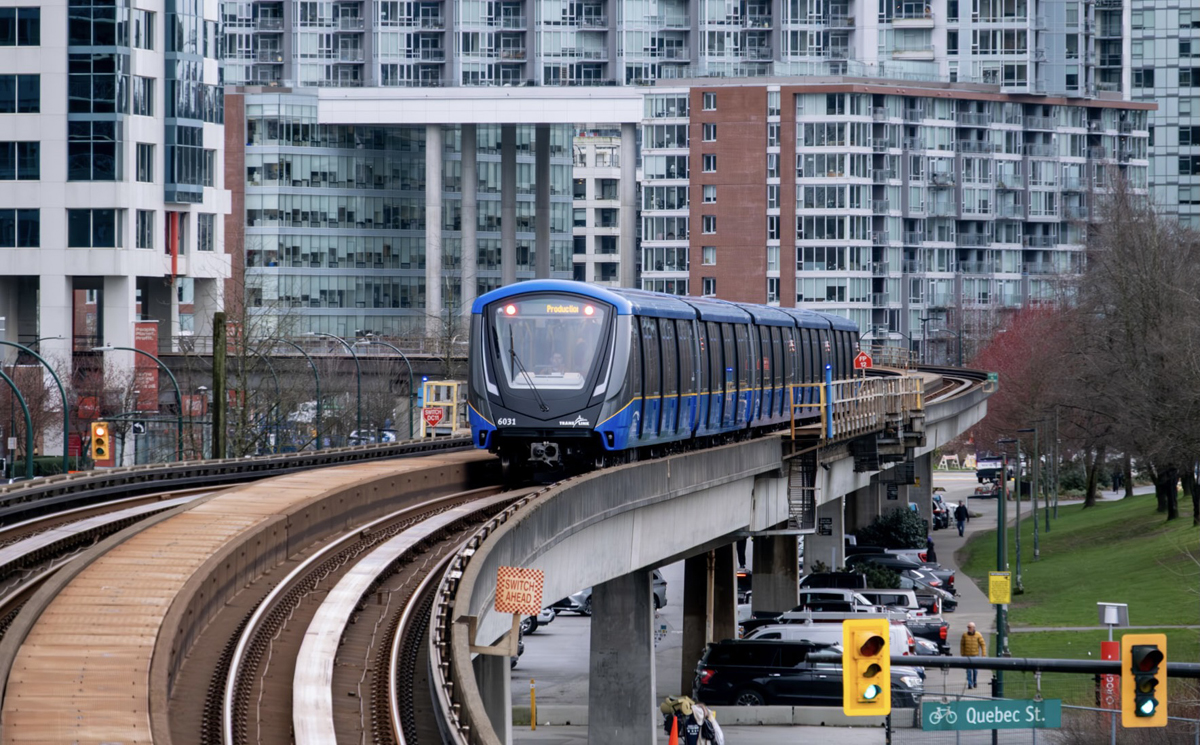
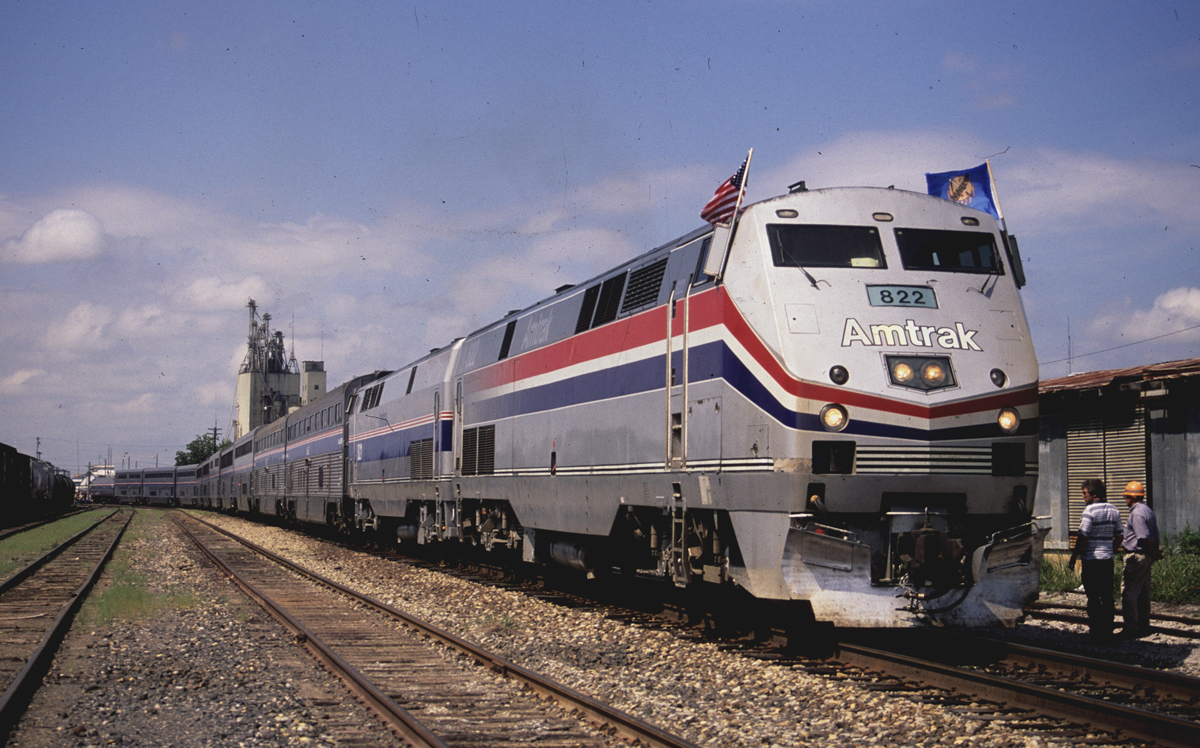
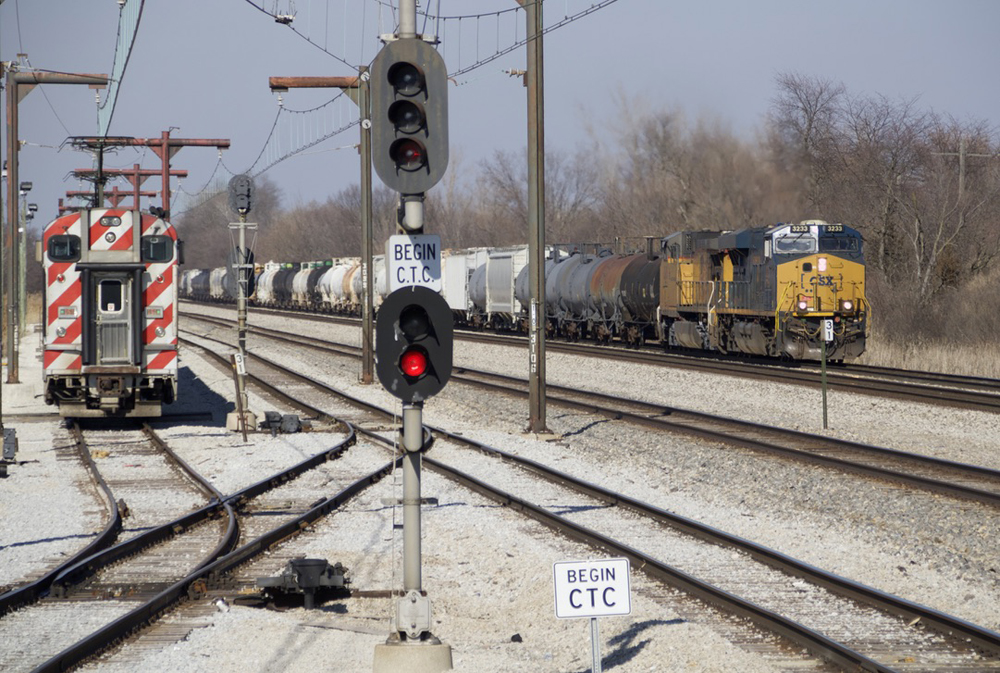




@Gregg Spindler…If withholding labor is a human right, as you suggest it is, then explain why it is that most states and all Federal employees are barred by law from doing as you suggest?
There are legitimate reasons that some professions should be barred from withholding their labor to obtain unreasonable demands(I’m looking at the International Longshoreman unions here). Could you imagine the Police, Firefighers…etc. going on strike? I think even Doctors and Nurses should be barred from having the ability to go on strike, there are certain professions that should be under the same rules as Railroad workers. I also dislike states that the Right to Work laws in place as those are just anti-every workers rules, but that’s a political issue.
Greg,
When the effects of a labor strike can cause major national economic disruption/hardship affecting many, many people beyond the union, then its time for binding arbitration to be mandated. That also means no lockouts or strikes. It means everyone works until the arbitrator [or arbitrators] have made the binding decision. Sometime, the workers will break even or maybe do better by not loosing any wages due to a strike.
What’s wrong with allowing unions to become economic terrorists?
Withholding labor, whether individually or collectively, is a human right.
“Corporate Persons” are doing the exact same thing with their lockouts. Are they your “economic terrorists”?